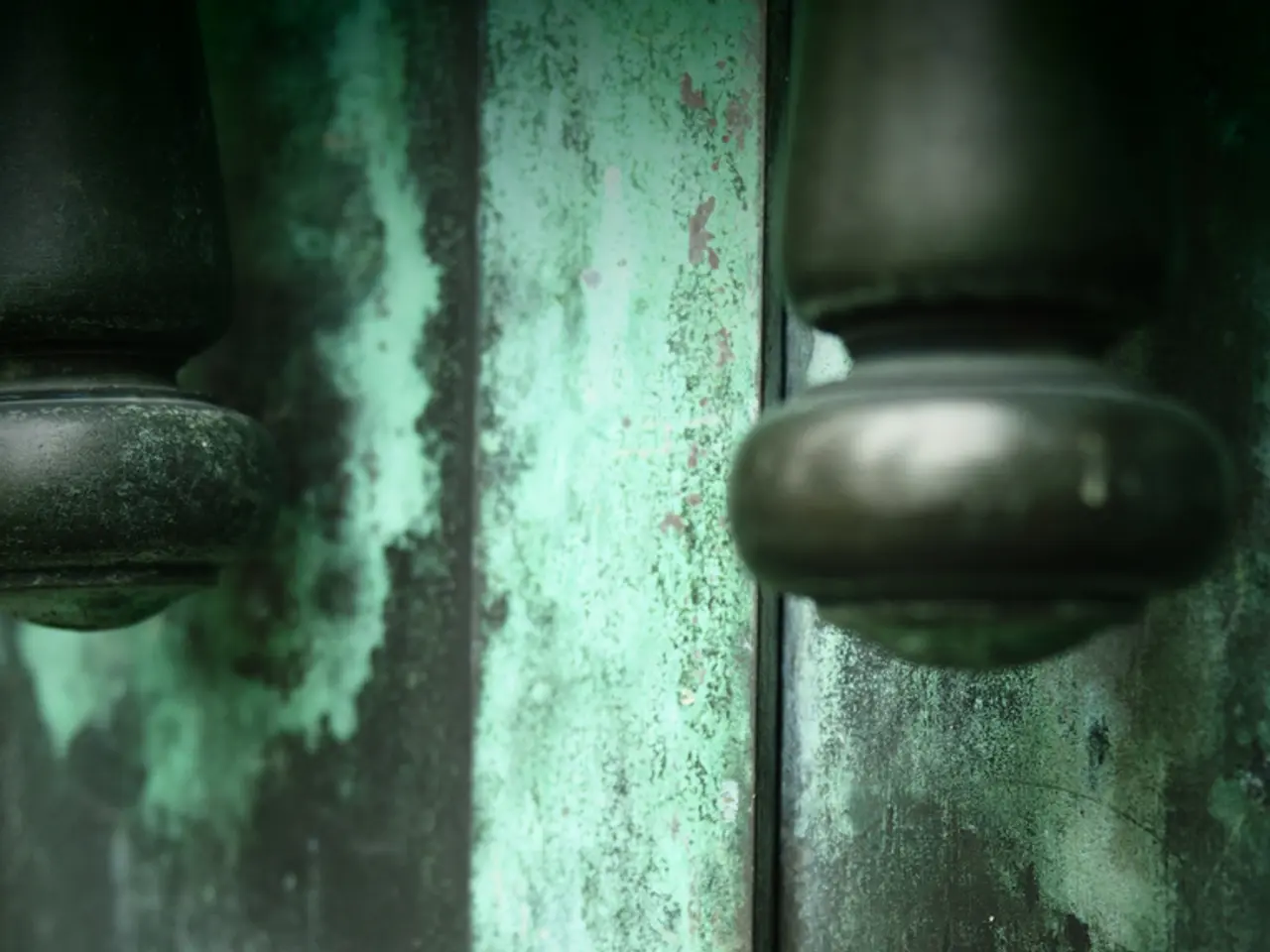Recommendations for top-notch lock systems for front doors and various entry points
In the realm of home security, doors and locks play a crucial role in keeping homes safe. Here, we delve into the best door locks for home security, comparing traditional high-security locks and smart locks.
High-Security Traditional Locks
High-quality deadbolt locks are the bedrock of robust mechanical security. These locks offer resistance to picking, drilling, and forced entry, ensuring a high level of physical security. Among these, Grade 1 deadbolts, tested and certified by ANSI/BHMA standards, are considered the most secure for traditional locks.
Reputable brands such as Schlage, Kwikset, and Medeco produce durable and tamper-resistant deadbolts. These locks, free from power requirements, offer straightforward installation and reliable performance.
Smart Locks
Smart locks provide security with added convenience features like keyless entry via PIN codes, biometrics (fingerprint, facial recognition), and remote control via smartphone apps. They often include additional security measures like tamper alarms, auto-locking, and integration with home security systems.
While smart locks offer enhanced convenience, they are not without their drawbacks. Their security level depends on tech security, and they are potentially vulnerable to hacking.
Key Comparisons
| Feature | Traditional High-Security Locks | Smart Locks | |--------------------------------|------------------------------------------|-----------------------------------------------| | Security Level | Very high physical security (pick/drill/force resistant) | Usually high but depends on tech security, vulnerability to hacking possible | | Entry Method | Physical key | Keyless: codes, biometrics, app, plus physical key backup | | Power Requirements | None | Requires batteries or electric power | | Remote Access | Not available | Lock/unlock remotely via smartphone | | Additional Security Features| Limited (mechanical only) | Alarms, notifications, integration with cameras and home automation | | Installation Complexity | Straightforward | More complex due to electronics and app setup | | Convenience | Keys only | Keyless entry, multiple users, temporary guest access |
Best Use Cases
- Traditional deadbolt locks are best when the priority is straightforward, highly reliable mechanical security without dependence on power sources or tech systems.
- Smart locks excel in convenience and monitoring, allowing homeowners to manage access remotely and get alerts about door status, which is beneficial for busy households or rental properties.
Recommended Smart Locks (2025)
- August Smart Lock (top-ranked for integration and convenience)
- Yale and Schlage smart locks (trusted lock brands with smart features)
- Ultraloq U-Bolt Pro (biometric + keypad + app control)
- ThorBolt X1 (fingerprint and weatherproof features)
Summary
For maximum physical security, a Grade 1 deadbolt from a reputable brand remains the gold standard. However, if you value convenience, remote control, and integration with modern smart home systems, a high-quality smart lock can enhance security in different ways, though it introduces reliance on power and network security. Combining both by installing a smart lock with robust mechanical deadbolt features and a physical key backup often offers the best balance of security and convenience.
In choosing the right lock for your home, it's essential to consider factors such as door material, lock compatibility, and the risk factors specific to your home environment. Always ensure the locksmith you use is fully accredited, licensed, and insured. Additionally, not all locks suit all doors, so it's important to discuss your specific needs with a professional locksmith.
Avoid using knob or lever handle locks as they are susceptible to break-ins, and consider installing a security screen door in front of your main door for an extra level of protection against burglars. Installing a security door that adheres to Australian Standards can provide a secondary security measure.
Lastly, remember that the incorrect use of door locks can make it easier for burglars to enter a property. Deadbolts require more force to pry back, making them difficult for burglars to lever open. Sturdy steel door frames can be installed using existing wooden frames, but the type of lock you want must work with your frame.
By making informed decisions about door locks and taking necessary precautions, you can significantly enhance the security of your home.
In the realm of home lifestyle and home-and-garden enhancements, smart locks privilege security with added convenience features for busy homeowners. They offer keyless entry, biometrics, and remote control via smartphone apps, while traditional high-security locks excel in providing robust mechanical security (pick/drill/force resistant) for conventional door security. These lock options might function similarly in keeping homes secure but cater to different lifestyle preferences.






